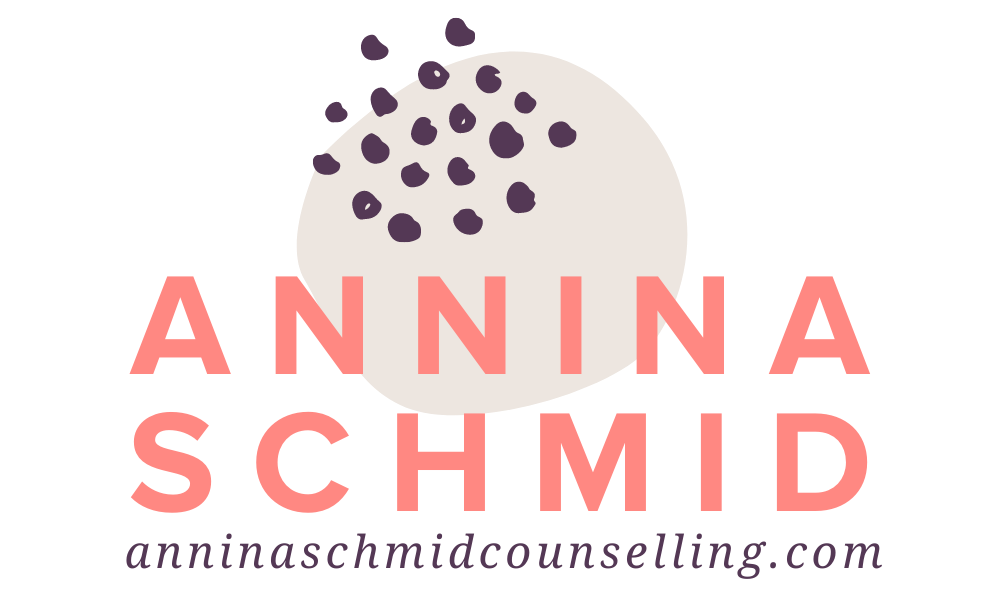I recently attended an excellent presentation on substance use in pregnancy, which was held by Dr. Erin Lurie, addiction medicine fellow at the University of Toronto and staff member at the Substance Use in Pregnancy Clinic (SUP) at St Michael’s Hospital.
Dr. Lurie's presentation was part of a series of educational events called Addiction Rounds facilitated by CAMH.
If you are interested, you can find out more about these and similar events through the EEnet connect events calendar.
Of the issues that Dr. Lurie discussed, I personally found her research update on cannabis use in pregnancy most fascinating.
With the pending legalization of Cannabis in Ontario, I thought it could be helpful to share some of her findings in this newsletter.
Below, please find an interview with Dr. Lurie on substance use in pregnancy and while breastfeeding:
Dr. Lurie, as someone who is directly involved in medical work with women who use alcohol, cannabis or heroin in pregnancy and while breastfeeding, what is the most important thing you would like us to know about your area of expertise?
The most important thing to know is that any active substance use in breastfeeding has the potential to be harmful. It sounds like a bit of a hard line, but the risk is really both with the exposure of the specific substance through the breastmilk as well as the risk of caring for a young newborn and infant while intoxicated. While we do not have great Canadian guidelines on substance exposure and breastfeeding, the American Academy of Breastfeeding Medicine has excellent guidelines on the issue.
Thank you for pointing that out. In my experience, most people focus on substance use during pregnancy and hardly ever talk about substance use when breastfeeding - other than, perhaps, when they try to play down the risk of alcohol consumption during that time. Specifically with regards to cannabis use, what is it that people need to be aware of in this context?
With the upcoming legalization of cannabis it’s important to point out that there is NO safe timeline after use for exposure with breastfeeding.
Meaning that even if we were to smoke at the end of the day, it would not be safe to breastfeed the next morning?
Correct. THC is the psychoactive component of cannabis. It stays in the body for a very long time: up to 48 hours in infrequent users, and in chronic users or people who use nearly daily even up to four days. THC also likes to store in fatty tissue, and breast milk, especially early on, is very very fatty. THC has been shown to be concentrated in breast milk and be up to eight times the amount that would be in the same person’s bloodstream.
Wow! And with regard to cannabis use in pregnancy - what would you tell those that advertise cannabis as anti-nauseant?
Well, we know that both the Society of Obstetricians and Gynaecologists of Canada, as well as the American College of Obstetricians and Gynaecologists recommend to abstain from cannabis use during pregnancy in their 2017 guidelines. This is because it has been shown that some of the risks of prenatal exposure to cannabis include decreased fetal growth, preterm birth, miscarriage, stillbirth, and significant long-term neurobehavioural changes. The latter have been documented by the Canadian Centre on Substance Use and Addiction [see infographic below] and can impact children and young adults up to 22 years of age.
So, when we compare all of this to the effects of opiate replacement therapies during pregnancy and while breastfeeding, is it safe to say that the negative effects of alcohol or cannabis use are actually much worse for the child, both long-term and short-term, than, say of Methadone?
Correct. In the absence of any other substance use, opiate replacement therapy - including Methadone and Suboxone - is very safe, and even protective to prevent neonatal abstinence syndrome (the withdrawal a baby experiences when they are no longer exposed to opiates from the mom after delivery). For women who are stable in their recovery from opiates, breastfeeding is encouraged.
Thank you so much for taking the time to answer these questions, Dr. Lurie.
As always, I hope this article has been helpful to you.
Warmly,
Annina Schmid
The Substance Use in Pregnancy Clinic (SUP)
at St Michael’s Hospital is open to referrals:
St. James Town Health Centre
410 Sherbourne St., 1st Floor
416-864-3082
Open Wednesdays 12:00 – 4:00
Using a multidisciplinary health care model, the clinic helps to support women with previous or active substance use throughout their pregnancy
Patients can be seen within the week and can drop in for their first appointment.
Please email either Dr Lurie (luriee@smh.ca) or Dr Turner (turnersu@smh.ca) for referrals of pregnant patients only.

